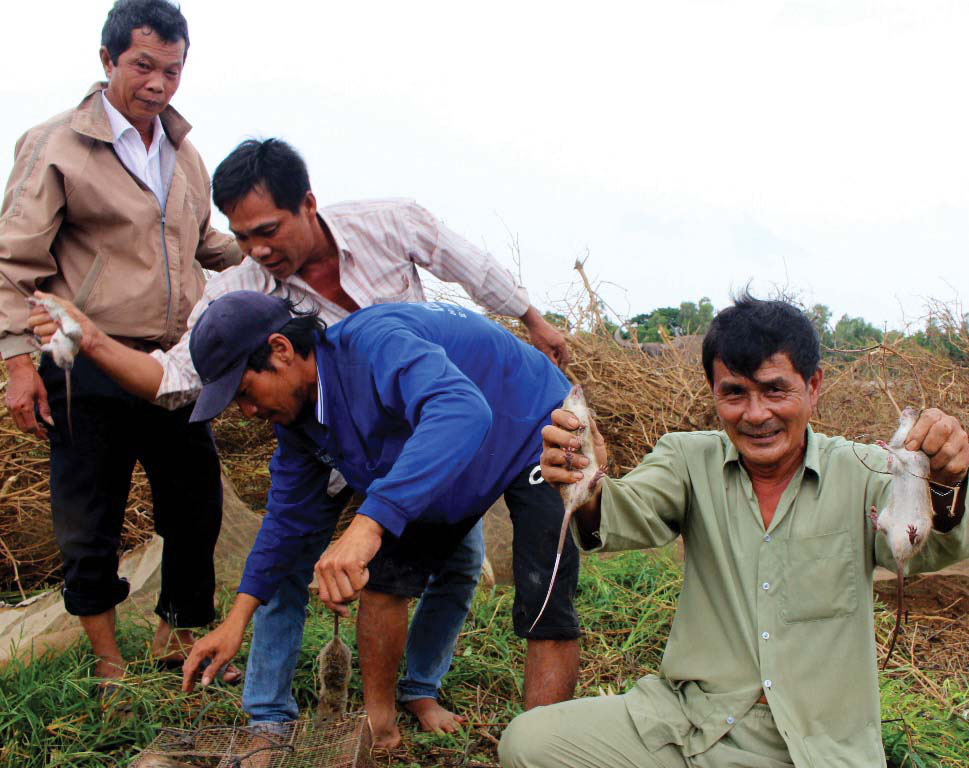Can Tho, a city in the Mekong Delta, which is Vietnam’s largest rice-growing region, is planning on spending nearly VND30 billion (US$1.3 million) to exterminate its mouse population in five years to protect local crops.
The plan, signed into effect by Can Tho deputy chairman Nguyen Ngoc He, seeks to actively control the city’s mouse population in a timely, methodological, and continuous manner, thereby ensuring its rice and fruit production is unharmed.
More than VND22.5 billion ($975,000) will be set aside from the city’s budget during the plan’s five-year effective period of 2021-25.
The remaining costs of its implementation will be paid for by local farmers.
Aside from mouse control and wipeout, the plan also seeks to educate locals on the pests’ harmful effects for better understanding and management.
During the five years, 1,500 day-long knowledge transfer workshops will be held for rice farmers in Can Tho, with 85 similar workshops planned for fruit growers.
As many as 112,500 mouse traps will be provided to farmers for a total of 225,142 hectares of crop land at risk of mouse infestation, equivalent to about 22,500 free traps supplied yearly.
A total of 5,625 kilograms of biological pesticides will also be provided as part of the plan.
Trap crops – plants that attract pests away from the main crop to prevent decimation without using pesticides – will also be grown for better mouse control.
Annual meetings will be organized to review the plan’s implementation and sketch out specific goals for the next year.
The estimated costs cover spending on printing posters and leaflets and publishing media articles for communication purposes as well.
The Mekong Delta, comprising 12 provinces and a centrally-administered city, is Vietnam’s largest rice-growing region.
The delta contributed more than half of the Southeast Asian country’s domestic rice production and over 90 percent of its rice exports, according to a 2017 report.
Like us on Facebook or follow us on Twitter to get the latest news about Vietnam!






















































